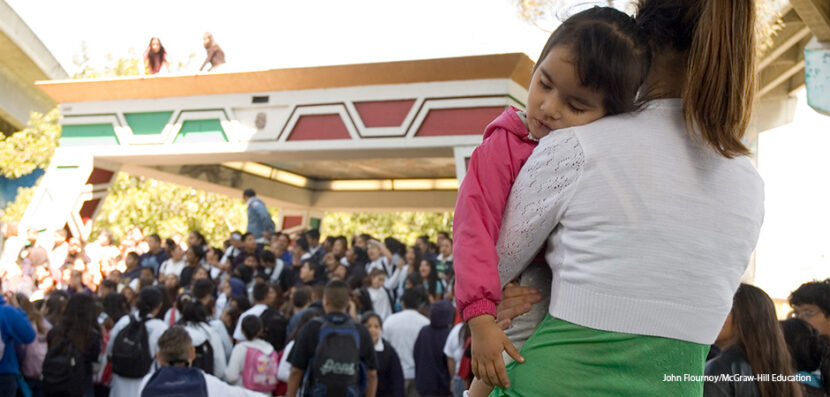Zero-Tolerance Immigration Faces Legal Challenges
In June, Election Central took a look at the White House’s controversial “zero tolerance” policy for undocumented immigrants, which provoked widespread outrage when thousands of immigrant children were first separated from their parents at the southwest border and then forced into detention centers while their parents were jailed or deported. Recently, however, the American Civil Liberties Union (ACLU) has made some strides towards helping these immigrant families. Here, Election Central takes a closer look.
Victories for Families
This summer, the ACLU, through its Immigrants Rights Project, sued the federal government, demanding that they be required to reunite separated families. The lawsuit cited violations of the Constitution’s due process clause, federal law that protects asylum seekers, and the government’s commitment to keeping families together. The ACLU won that case. Now, the ACLU has gone a step further. It has worked out a deal with the Department of Justice that will allow parents who are facing deportation to have their asylum claims prioritized. Though the agreement is still awaiting approval from a federal court in California, if passed, it potentially could affect thousands of families.
One of the most upsetting developments to come out of the “zero tolerance” fallout was the realization that some parents were misled into giving up their right to seek asylum by signing papers that weren’t translated and that they didn’t understand.
Under the new agreement with the Department of Justice, those people will now get a second chance to seek asylum. And while deportations continue, the federal government has agreed to stop assigning criminal charges to people crossing the border without documentation. Until now, this has sent asylum-seekers to federal prison without their children.
What’s Happening With the Children?
According to the ACLU, as of August 16, more than 500 immigrant children were still being held in federal detention centers waiting to be reunited with their parents, despite the fact that a federal court required the Trump administration to reunite separated families by July 26. Of these children, 366 have parents who had already been deported. The federal government had no plan in place for how to find the parents or reunite them with their detained children. Six of those children are under five years old.
Related Links
- Click this link to read the Election Central June 27, 2018 post “U.S. Divided over ‘Zero Tolerance’ for Immigration.”
- Read the Election Central August 1, 2018 post “Reunification Struggle Continues” to learn more about the July 26 deadline.
A federal court required the administration to develop a plan to locate the children’s parents. The White House formed a committee including representatives from the Department of Homeland Security, the Department of Health and Human Services, the State Department, and the Justice Department.
The ACLU formed a steering committee as well, to help facilitate communication between separated families and attempt to locate deported parents. With their help, the slow process of reuniting these parents and their children continues.



